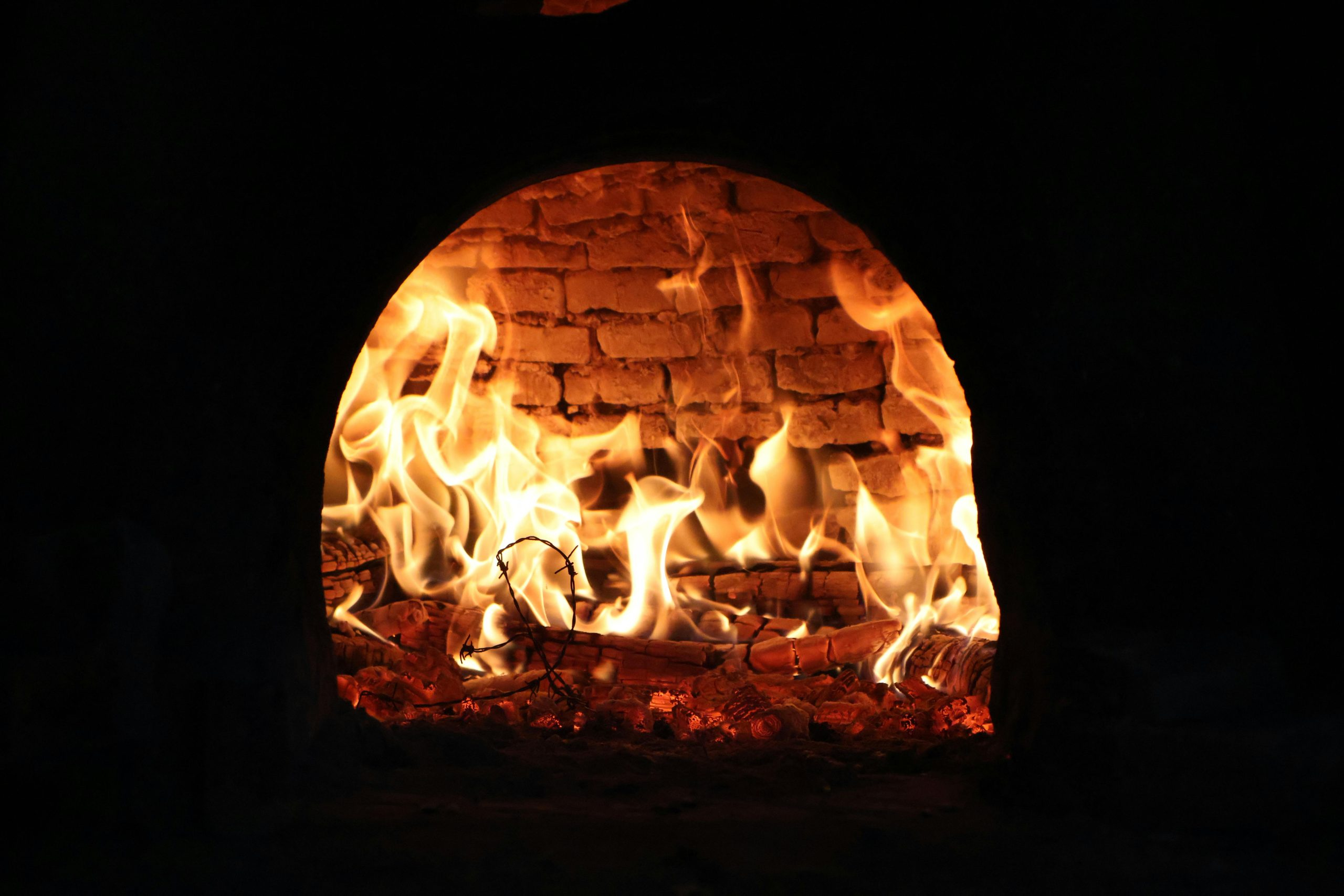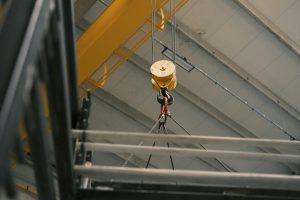The Role of Fire in Early Human Cooking
Fire has been an essential part of human existence for thousands of years. We use it to keep warm, to provide light, and to cook our food. But did you know that the ability to control fire played a crucial role in the development and evolution of our early ancestors? In this article, we will explore the fascinating history of fire and its impact on early human cooking.
The Discovery of Fire
The exact date of when fire was first discovered is unknown, but it is believed to have been around 1.8 million years ago. Our early ancestors, Homo erectus, were the first to harness the power of fire. They would gather around natural fire sources such as lava flows or forest fires, keeping them lit by adding wood. But eventually, they learned how to create and control fire on their own.
Harnessing fire was a significant advancement for early humans, as it provided them with warmth, protection from predators, and a way to cook their food. However, the discovery of fire did not immediately lead to cooking. It took thousands of years for early humans to realize the benefits of cooking their food with fire.
The Importance of Cooking
Cooking with fire brought about a monumental change in the diet of our early ancestors. Before cooking, humans primarily ate raw fruits, nuts, and meat. The digestive system of early humans was unable to break down tough, fibrous plant materials, making it challenging to get the necessary nutrients from their diet. By cooking their food, early humans were able to break down these tough plant materials, making them easier to digest.
Cooking also allowed for the preservation of food, as it kills harmful bacteria and parasites. This eliminated the risk of food poisoning and allowed early humans to store food for longer periods, giving them a more stable food supply and reducing the need for constant hunting and gathering.
The Impact on Early Human Evolution
The advent of cooking with fire had a significant impact on early human evolution. With the ability to cook food, early humans were able to extract more energy and nutrients from their food, leading to an increase in brain size. This increase in brain size allowed for greater problem-solving abilities and social interaction, leading to the development of language and complex societies.
Furthermore, cooking also freed up more time for early humans to engage in other activities, such as crafting tools and developing agriculture. These advancements propelled human evolution forward, ultimately leading to the modern societies we know today.
The Evolution of Cooking Techniques
Over time, early humans developed more advanced cooking techniques. At first, they would simply cook meat over an open fire, but eventually, they created clay pots and used them to cook stews and soups. The development of these cooking techniques also allowed for the variety of foods to be cooked, leading to a more diverse and nutritious diet.
Today, we can see the impact of fire on cooking in the endless variety of dishes and cuisines. From perfectly seasoned barbeque to simmering soups, fire has played a crucial role in the development of these dishes.
Conclusion
The role of fire in early human cooking cannot be understated. It provided our early ancestors with warmth, protection, and a way to cook their food, leading to significant advancements in human evolution. Cooking with fire has had a lasting impact on our society, and it continues to be an essential part of our daily lives. So next time you sit down to enjoy a meal, take a moment to appreciate the role that fire has played in making that meal possible.









